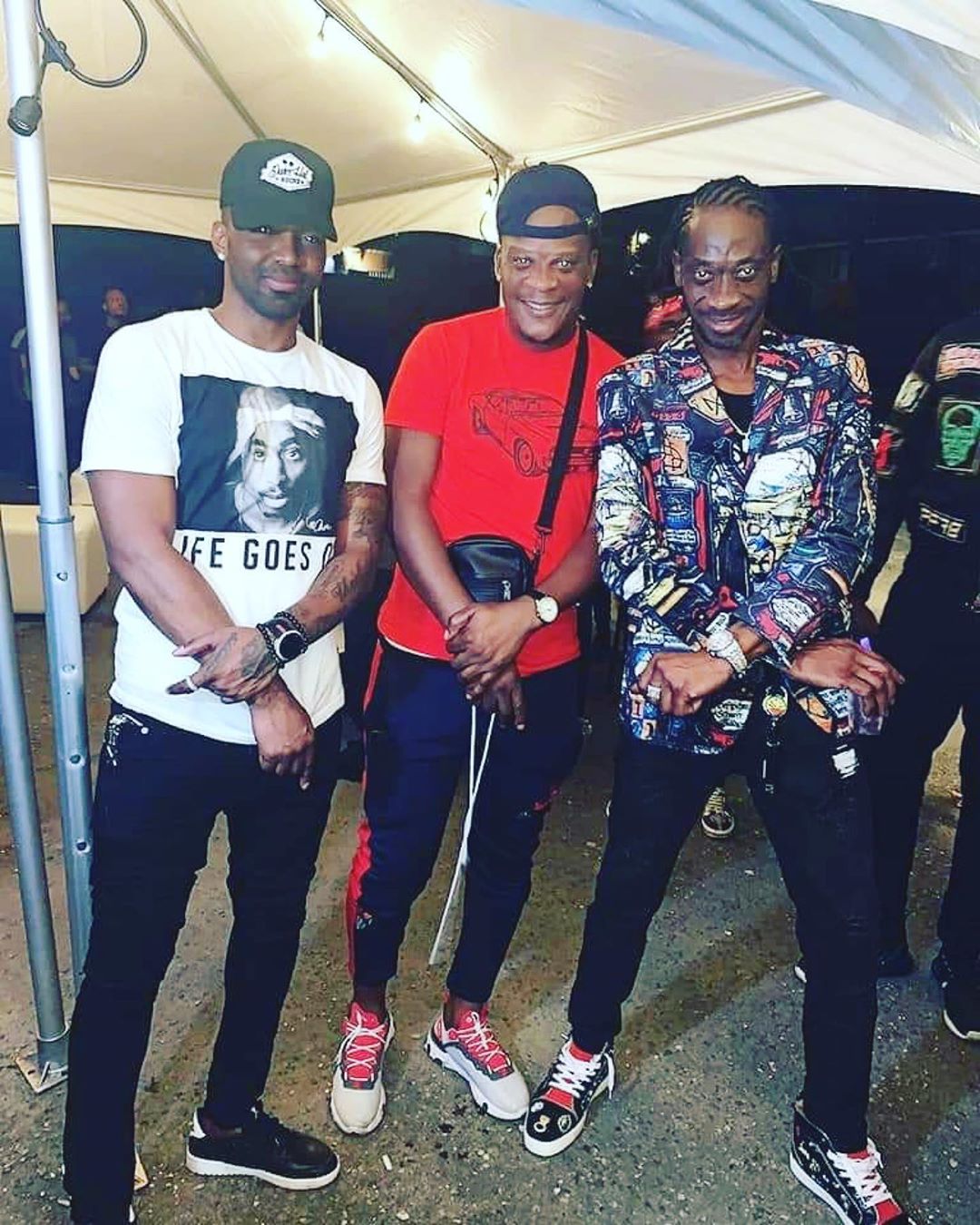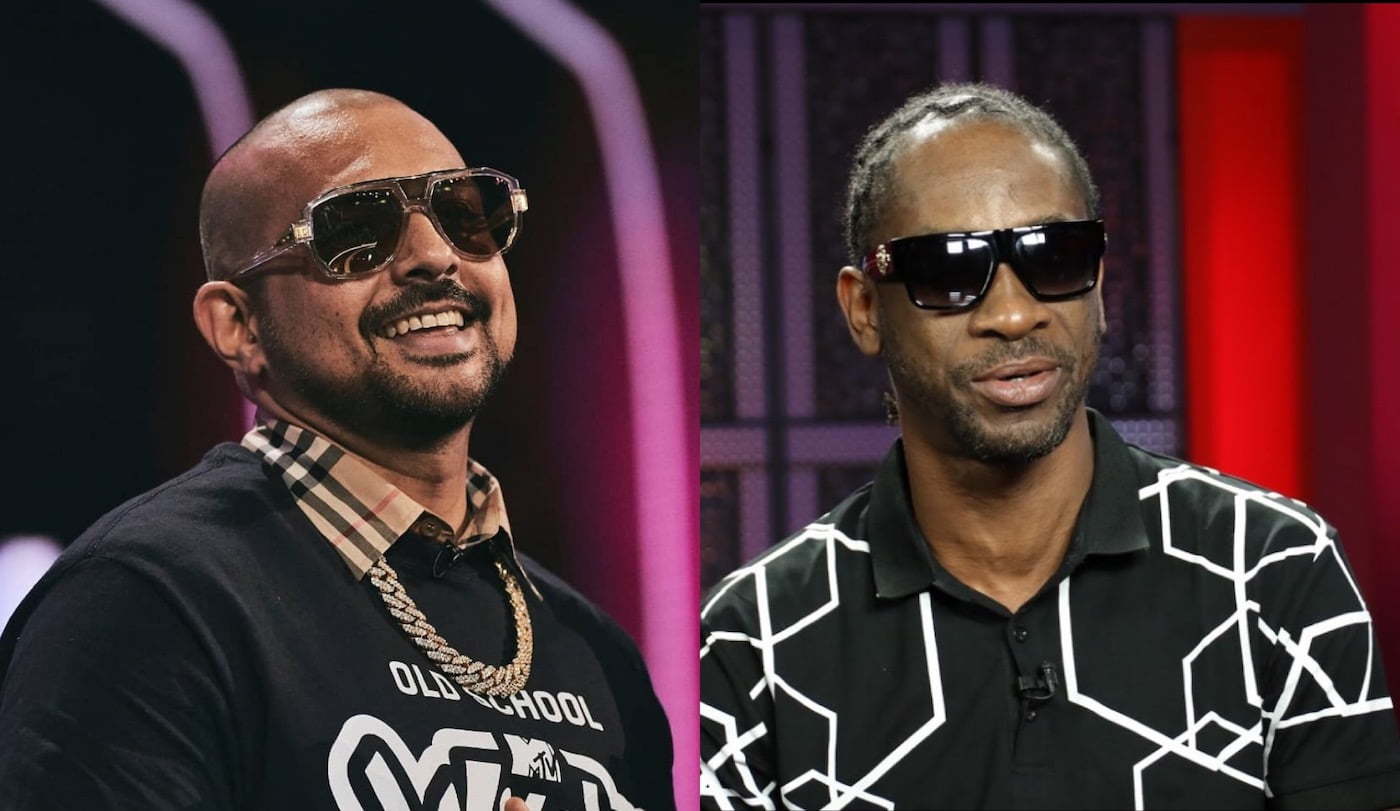Bounty Killer, who is trending for his candid sit down with Dancehall Diva Spice on her weekly show ‘Spice it Up,’ says clash doesn’t mash up dancehall.
He was referring to a critique by Sean Paul, who said clash culture was destroying the genre. But Bounty Killer, whose real name is Rodney Price, says clash can make or break an artiste, and it isn’t for everyone. “Clash is a different thing enuh, cause clash is a different type of culture inna dancehall, it’s a gladiator thing. Clash can be good and it can be bad. If you suitable for clash it will good for you and if you not suitable for clash then it don’t suit you. When clash artiste go inna battle, it make him better. When artiste weh nuh make fi battle go into clash it destroy dem career.”
In a sit down with Spice, who is one of his protégé, being the artiste to have introduced her to the dancehall world when she was just 16 years old, the dancehall legend addressed the comments directly by Sean Paul, who said clashing was slave mentality. “mi hear Sean Paul make a speech, it’s slave mentality, I can’t make out or fathom weh him kinda mena, but nobody nuh force people to clash. It’s your choice to clash and tell you what? Its clash made this what you looking at,” referring to himself.

He added, “in 1993 when Bounty run out and say ‘people dead’, righr desso the channel change, the battle made you….1993 it put Bounty Killa and Beenie Man on the map and we never hesitate.”
The artiste added that clashing is just another form of competing like any other sport, using the example of when Usain Bolt and Asafa Powell used to go out and compete “that is how Bounty and Beenie compete, he says, “competition is not a slave mentality.”
He added that going on stage and battling doesn’t make a career. However, he said Merciless is one of those artistes who was only good at clashing at Sting. He, however, did not record songs outside of stage shows, and as a result, his career has petered out in comparison to Bounty and Beenie Man’s flourishing career 20 years after. He referenced the Verzuz, which still drew for Bounty and Beenie Man.
“What we did that day, that was not a clash that was a celebration of the era. It was a highlight and celebration of one’s talent. It reignited dancehall across the world.”
